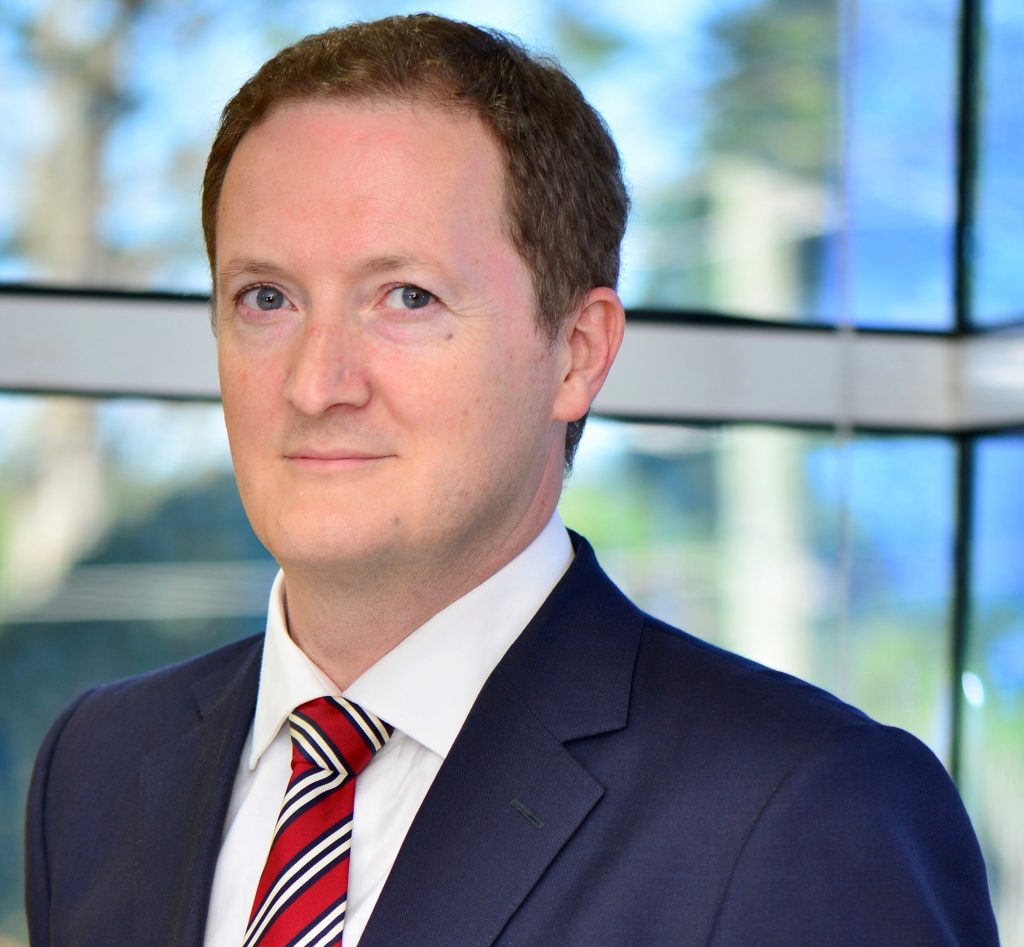advertisement
Transforming Digital Payment in Tanzania
Technological advancement and innovation are rapidly transforming the digital payment ecosystem in Tanzania. Today, an interplay of fintech, mobile network…

Technological advancement and innovation are rapidly transforming the digital payment ecosystem in Tanzania. Today, an interplay of fintech, mobile network operators, and traditional financial institutions are placing customized payment solutions in the hands of everyone through tools they already own, their mobile devices.
In 2013 there were about 23 million mobile telecom subscribers in Tanzania, according to data from the Tanzania Communications Regulatory Authority (TCRA). Today, the number has almost doubled to 44 million out of a population of 56 million with 83 percent of people accessing the internet doing so through these same devices.
It’s not just the technology that matters – it’s about simplifying the everyday life of consumers and SMEs across different touchpoints. These innovations are most relevant today as the world prepares for a post COVID-19 era making it imperative to ensure that people and businesses have access to the networks, tools, and solutions that can help them reach their potential as we all strive for a world where there is financial security for all.
advertisement
Thankfully, the growing reach of mobile technology creates a tremendous opportunity for the payments and technology industries in Africa to place these tools in more hands and help bring more people and businesses into the formal economy.
Leveraging our global payments capability, local innovation from our Lab for Financial Inclusion in Nairobi and partnerships with mobile network operators, fintech, banks, and governments, Mastercard has over the past two years introduced numerous solutions which are transforming the digital payment ecosystem in Tanzania.
Three major ones have been the Mastercard QR (quick response), which boosts touchless payments to merchants; Mastercard virtual card which enables consumers to participate in e-commerce locally and internationally, and our Mastercard Payment Gateway which enables online shopping at small and large domestic merchants.
advertisement
Embedded in these three solutions are capabilities that simplify almost all payment touchpoints in the everyday life of consumers and merchants. These touchpoints range from making payments in malls or neighbourhood stores; to buying fuel; to supporting transit; to even eCommerce payments with local and global merchants. Each of these examples demonstrates how bringing together key players to provide locally relevant solutions, is having a far-reaching impact in driving financial inclusion of consumers and including them in the digital economy.
Launched in East Africa in 2017, Mastercard QR has a consumer base of over 15 million in Tanzania alone. Today, the QR technology is accessed by consumers across key major telecom providers in the country, with TigoPesa and Airtel Money users able to pay for transportation through this technology.
In addition, Mastercard’s partnership with Selcom, Tanzania’s leading fintech, has enabled their consumers across banks and all the leading mobile network operators to accept Mastercard QR payments thereby adding over 50,000 new merchants in two years.
advertisement
Most importantly, this payment technology solution has extended acceptance infrastructure enabling MSMEs (micro, small and medium enterprises) that could not afford PoS (point of sale) terminals, to now accept digital payments. These MSMEs can now benefit from being included in the financial ecosystem, creating for themselves distinct financial records needed for securing credit facilities for the growth and expansion of their businesses. The widespread availability and convenience of this touch-free technology has driven uptake of the solution resulting in millions of transactions monthly.
Launched in 2018, mobile devices boosted by the virtual card solution are today a popular tool for e-commerce in Africa. This solution has enabled people without bank accounts to purchase items quicker, safer, and more conveniently both domestically and across international borders. Airtel Money and M-Pesa customers in Tanzania are enabled to use this solution, transforming the way they shop across multiple platforms.
In a broader partnership with Airtel Africa, over 100 million mobile phone users across 14 African countries will also soon be able to access Mastercard’s global network through virtual cards and QR payments.
Lastly, our Mastercard Payment Gateway Services provides partners a way to easily and securely accept a wide range of digital payment methods from all over the world. In 2018, we collaborated with the Direct Pay Online Group (DPO) to enable more than 40,000 African merchants to accept Mastercard payments, connecting more people and businesses to the global economy. Earlier this year, this same technology was used by DPO Group to help merchants across Africa to swiftly move their businesses online and continue to trade with their customers during the pandemic.
For us at Mastercard, these strategic partnerships in Tanzania and East Africa contribute to helping us fulfill our commitment to bring a total of 1 billion people and 50 million micro and small businesses into the digital economy by 2025. As part of this effort, there will be a direct focus on providing 25 million women entrepreneurs with solutions that can help them grow their businesses. We continue to co-create locally relevant solutions with mobile network operators, fintech, banks, governments, and other strategic partners that cater to the needs of people in Africa.
By scaling simple and locally relevant digital solutions, building stronger payment platforms, and improving financial literacy, we drive efficiencies for our partners and extend acceptance infrastructure to even the smallest businesses, bringing us closer to a world beyond cash.
Adam Jones is the Area Business Head East Africa at Mastercard